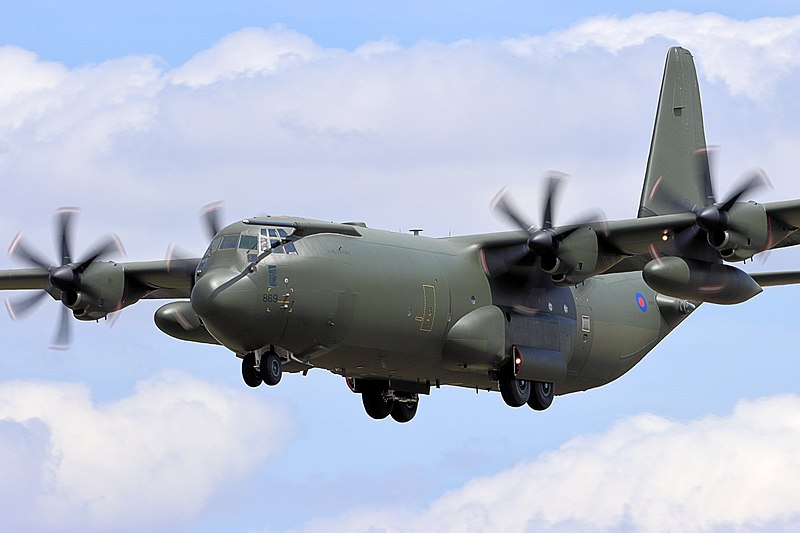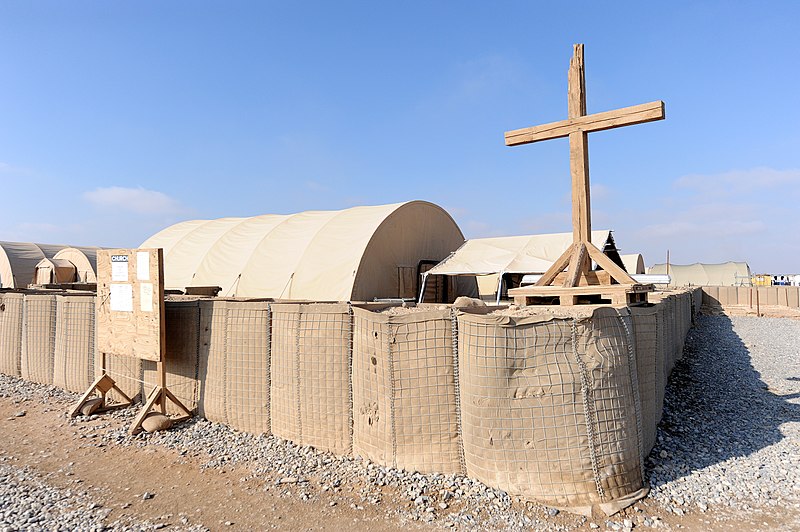The day I found out I was deploying for the first time felt like any other. I was sitting in the office, mid-routine, when my boss pulled me aside to break the news. It wasn’t a huge surprise—we’d been training and preparing for it—but hearing the actual words made it real. One minute you’re doing your usual drills, and the next you’re mentally packing your kit bag, knowing everything is about to change.
Deployment can feel like a rollercoaster from that moment. You’re hit with a wave of emotions—excitement, anxiety, and maybe a bit of dread. You’ve trained for this and know it’s part of the job, but that doesn’t stop your mind from racing. The job becomes priority number one, but it’s hard not to think about your family, mates, and what you’re leaving behind.

The Days Leading Up to Deployment
The final days before leaving are a chaotic mix of routine and admin work. There’s a mountain of tasks to do: sorting your kit, squaring away paperwork, last-minute medicals, and vaccinations. Everything moves quickly, but in the quiet moments, time drags. You’re always anticipating the goodbye.
For me, saying goodbye to my family was the hardest part. It never gets easier, no matter how many deployments you go on. It’s not just about leaving, it’s knowing you can’t give them any certainty about when or how you’ll come back. You try to play it cool, maybe joke around, but the weight of those goodbyes stays with you long after the plane takes off.
What It’s Like to Serve Overseas
When people ask what it’s like to serve overseas, it’s tough to sum up. It’s intense, exhausting, rewarding, and overwhelming—all at the same time. You find yourself in unfamiliar surroundings, a different country, climate, and culture. The days blur together, but you adapt quickly. Whether you’re in scorching desert heat or dealing with tropical humidity, you just get on with the mission.
I remember stepping off the plane on my first deployment to Afghanistan. The heat hit me like a punch. It wasn’t just the temperature; it was the heavy, humid air that clung to you. I had trained for it, but nothing prepares you for that kind of physical intensity. The humidity in some parts of Afghanistan is brutal. It’s not the dry desert heat you expect from the Middle East. Instead, it’s the suffocating, sticky kind that drains your energy. Every step feels heavier, and each piece of kit becomes a burden.
Over time, you adjust. The heat and humidity become just another part of the job, another obstacle to overcome. You learn little tricks—when to hydrate, how to manage your energy, and how to keep your kit from soaking through with sweat. The environment becomes something you deal with, not something that holds you back.

Cpl. Dwight Henderson
Staying connected with home
One thing that keeps you sane is communication with home. Back in the day, they wrote physical letters, but during my deployments, we had e-blueys—digital letters sent back to family and friends. You’d type them up, they’d be printed and delivered. It wasn’t instant messaging, but it felt like a lifeline.
The odd thing about writing home while deployed is knowing what to say. Life out there, no matter how intense, quickly becomes your normal. Patrols, guard duty, briefings—it’s all part of the daily grind. But to the people back home, it’s an alien world. I wrote about the small stuff—what I had for breakfast, how the lads were, maybe a funny story from the day. I tried to avoid the tough stuff, the close calls, or when things didn’t go as planned. You want to reassure them, not worry them more.
Sending e-blueys became part of my routine, grounding me when everything else felt like it was moving at a million miles an hour. It wasn’t just about keeping in touch with family—it reminded me that there was still a world outside the deployment zone. Those letters, both sending and receiving, became a kind of mental reset.
The Facilities
When you’re on operations, the facilities are far from luxurious. Depending on where you’re deployed, you might sleep in a tent, a basic barracks, or even under the stars if you’re in a remote location. Showers, if available, are often makeshift—maybe a small tent with rationed cold water.
You’re likely sharing a cramped sleeping area with your team, but camaraderie helps. Dining facilities vary—sometimes there’s a mess tent, but more often, you’re eating ration packs on the go. There might be a communal area with basic entertainment or a makeshift gym, but the focus is on the mission. Comforts are considered a bonus, and you learn to adapt to whatever’s available.
If you’re lucky enough to be at a main base, the amenities can be more comfortable. During one deployment, I was fortunate to share a camp with soldiers from all over the world. Our base even had a few luxuries—a pizza place, a coffee house, and a doughnut shop. It was a small slice of normality in an otherwise intense environment, and those comforts made a big difference in morale.

The Mental and Physical Challenges
Serving overseas comes with mental and physical challenges. The environment—whether it’s desert heat or crushing humidity—takes its toll. You’re constantly on the move, rarely getting enough sleep, and always focused on the mission. The mental toughness required is immense.
Sometimes the relentless heat and humidity drained me completely. I’d step outside, and within minutes, I’d be drenched in sweat. Your kit sticks to you, your muscles ache, and everything feels ten times harder. But you push through. There’s no choice. Your team is relying on you as much as you’re relying on them.
The Bonds You Build
One of the most rewarding parts of serving overseas is the bond you form with the people you serve with. These aren’t just colleagues—they’re your brothers and sisters in arms. When you’re out there, the relationships you build are like nothing you’ll experience back home.
During downtime between operations, you really get to know each other. The jokes, banter, shared frustrations, and even the arguments—all become part of the experience. You trust each other in ways that go beyond the job. That bond is one of the things I miss most when I’m not deployed.
Returning Home with a New Perspective
When you serve overseas, you return home with a new perspective on life. The small things that used to bother you seem insignificant. You appreciate simple comforts—clean clothes, a hot shower, a proper meal. But you also carry the weight of your experiences, both good and bad. Some memories stay with you for life.
Deployment changes you. It tests your limits, pushes you beyond what you thought possible, and gives you a sense of purpose. Whether it’s the heat, the difficulty of staying connected through e-blueys, or the bonds you form, there’s nothing like it. If anyone asks what it’s like to serve overseas, all I can say is it shapes you for life.
After returning from deployment, I found myself in a queue at a local shop, adjusting to civilian life. Someone casually pushed in front of me, in a rush to get on with their day. I felt an overwhelming irritation far beyond what the situation called for. It wasn’t just the act itself—it was the disconnect they seemed to have from the larger world.
Here I was, fresh from a place where life-or-death decisions were made daily, and conflict was constant. Yet this person seemed consumed by something so trivial, like they had no idea of the unrest happening in the world. It felt surreal—like they were living in a bubble, oblivious to the realities I had just faced.
Conclusion
Deploying overseas is a life-altering experience that shapes you in ways you can’t anticipate. From the emotional rollercoaster of preparing to leave, to the challenges of serving in extreme conditions, to the deep bonds you form with your team—each deployment leaves its mark. The environment, the responsibilities, and even the simple comforts like writing e-blueys or grabbing a pizza at a base shop, all play their part in making deployment both mentally and physically demanding.
But alongside the challenges come rewards. There’s a sense of pride in knowing you’re part of something bigger, contributing to the safety and stability of not just your own nation, but others as well. The financial benefits are also a real plus—you receive a tax-free bonus while deployed, which is a welcome boost after months in the field.
Still, it’s not just about the money. The lessons you learn, the resilience you build, and the perspective you gain are invaluable. You come back home not only with a deeper appreciation for the little things, but with a sense of accomplishment and a readiness to face whatever comes next.

